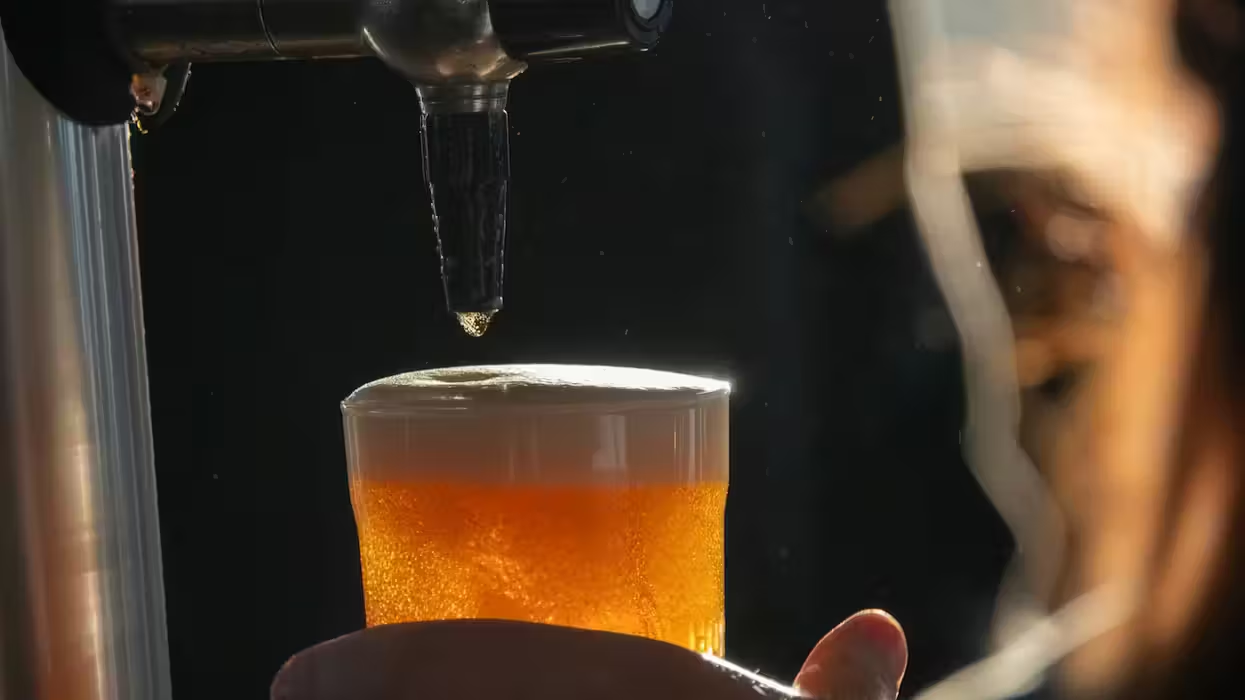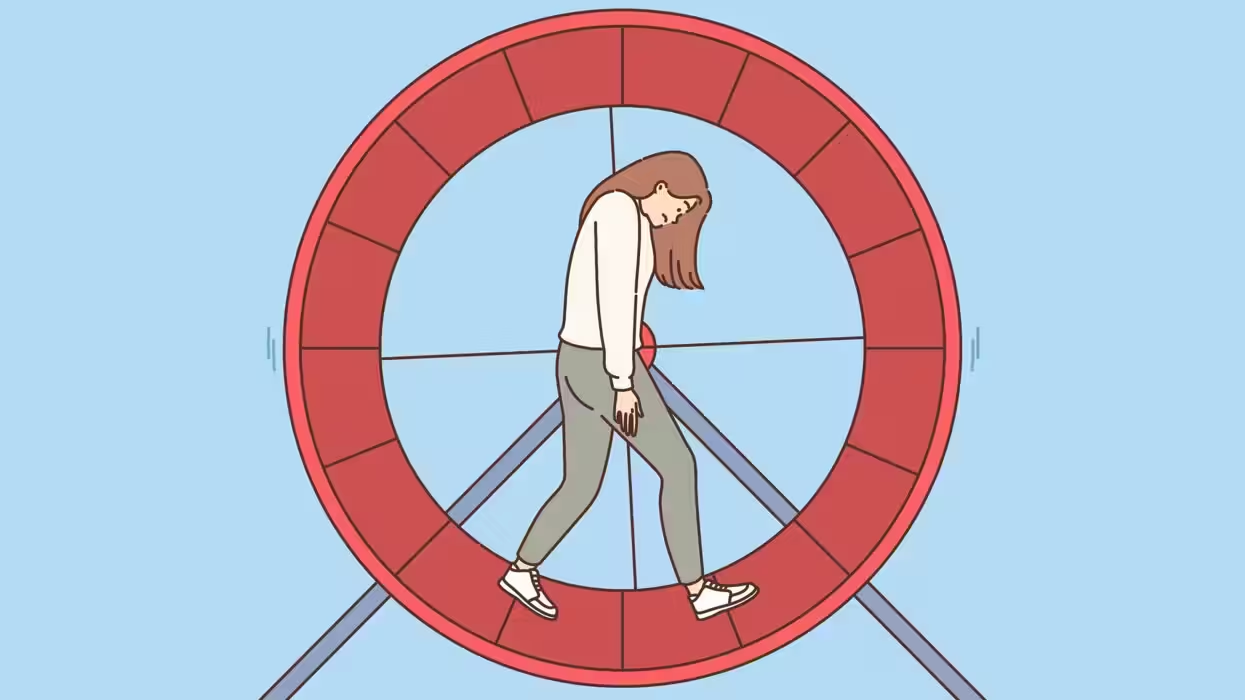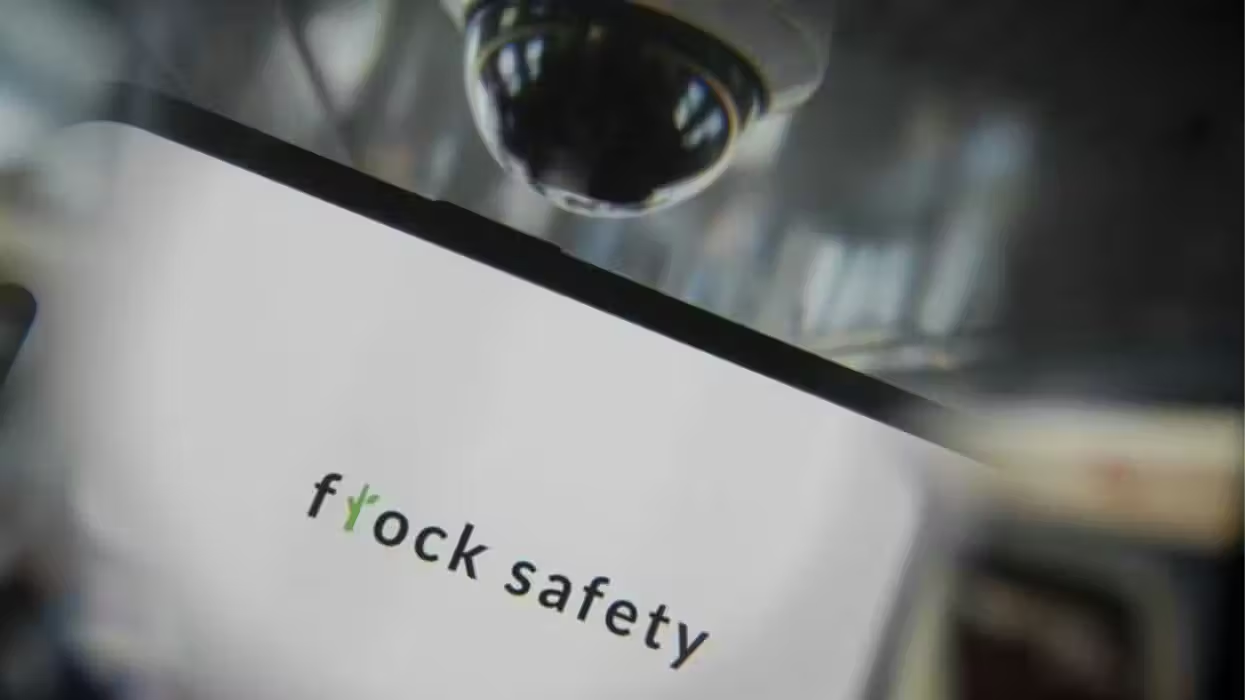
© 2025 Blaze Media LLC. All rights reserved.
“The subject awakes to consciousness of his environment but is incapable of moving a muscle..."
Have you ever woken up and for a short time been unable to move? The unusual phenomenon of sleep paralysis, which can be associated with nightmarish hallucinations, can result in a lingering distress even after the episode has passed depending on certain factors, new research evaluating the topic suggests.
The phenomenon was first described by Weir Mitchell in 1876 (via Wired):
“The subject awakes to consciousness of his environment but is incapable of moving a muscle; lying to all appearance still asleep. He is really engaged in a struggle for movement fraught with acute mental distress; could he but manage to stir, the spell would vanish instantly.”
Sound familiar?
 Artist Johann Heinrich Füssli's depiction of sleep paralysis. (Image: Johann Heinrich Füssli/ The Nightmare via Wikimedia)
Artist Johann Heinrich Füssli's depiction of sleep paralysis. (Image: Johann Heinrich Füssli/ The Nightmare via Wikimedia)
Researchers James Allan Cheyne and Gordon Pennycook at the University of Waterloo, Canada, conducted an online survey of nearly 300 people where they quantified distress after a sleep paralysis episode. They found such an event could sometimes interfere with the person's functioning the next day.
Here's more from the Association for Psychological Science's press release regarding the study published in Clinical Psychological Science:
The level of distress following sleep paralysis episodes was associated with features of the sleep paralysis episode itself. For example, the results showed that the more fear people felt during sleep paralysis episodes, the more distress they felt afterward.The researchers also found that sensory experiences during episodes of sleep paralysis predicted later distress. Feelings of threat and assault — such as sensing a presence in the room, feeling pressure on the chest, having difficulty breathing, or having a feeling of imminent death — were all associated with distress following sleep paralysis episodes. So, too, were vestibular-motor experiences, including feelings of floating or falling and out-of-body experiences.
Cheyne and Pennycook speculate that the sensory experiences that come with episodes of sleep paralysis could exacerbate people’s fear, creating a feedback loop that enhances memories of experiences later on.
Belief in the supernatural was found to play a role as well.
The researchers said they believe their findings provide more information to a commonly experienced phenomenon that is still not well understood.
According to a website put together by students at Stanford's Sleep and Dreams, 50 percent of people report having at least one episode of sleep paralysis in their life.
The Sleep and Dreams website reports that the paralysis generally occurs during REM sleep to prevent a person from "acting out" the dreams he or she might be having. People without this mechanism are often thrashers or sleep walkers, according to the website. When the mechanism to induce sleep paralysis works too well -- the chemicals responsible for this were discovered last year -- and continues for a brief period as a person enters a waking state is when things might become frightening.
In addition to this being distressing in and of itself, the Sleep and Dreams students report that 1 in 5 of such cases are associated with frightening hallucinations:
One can perhaps imagine very few things more terrifying than being completely unable to move, talk, or even scream while an intruder--whether human, demon, witch, or some other nefarious menace--roams about your roomwhile you're awake. As long-time dream researcher Ryan Hurd remarks in hisbook about conquering sleep paralysis, "Terror is not too strong a word to use here, because it seems as if nothing can be done."
What's more, some research suggests more frequent incidents of sleep paralysis, often occurring as the person begins to fall asleep, could also be an indication of narcolepsy.
The authors of this most recent study write that given the percentage of people distressed after episodes of sleep paralysis, it could relate to accidents, illnesses and productivity lost the next day.
--
Related:
- Study: Flu Vaccine Might Increase Narcolepsy Risk in Children, Teens
- What Could Your Favorite Sleep Position Reveal About You?
- Could Ambien Sleep Drug Help 'Awaken' Those With Brain Damage?
Featured image via Shutterstock.com.
(H/T: Science Daily)
Want to leave a tip?
We answer to you. Help keep our content free of advertisers and big tech censorship by leaving a tip today.
Want to join the conversation?
Already a subscriber?
more stories
Sign up for the Blaze newsletter
By signing up, you agree to our Privacy Policy and Terms of Use, and agree to receive content that may sometimes include advertisements. You may opt out at any time.
Related Content
© 2025 Blaze Media LLC. All rights reserved.
Get the stories that matter most delivered directly to your inbox.
By signing up, you agree to our Privacy Policy and Terms of Use, and agree to receive content that may sometimes include advertisements. You may opt out at any time.






